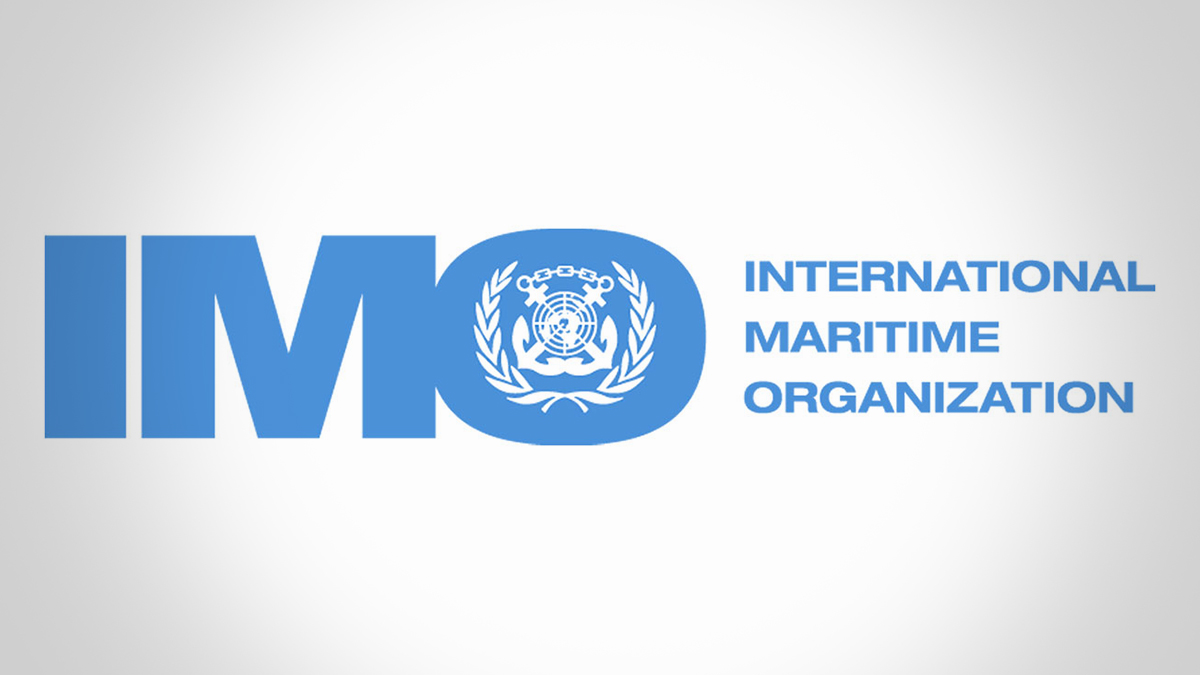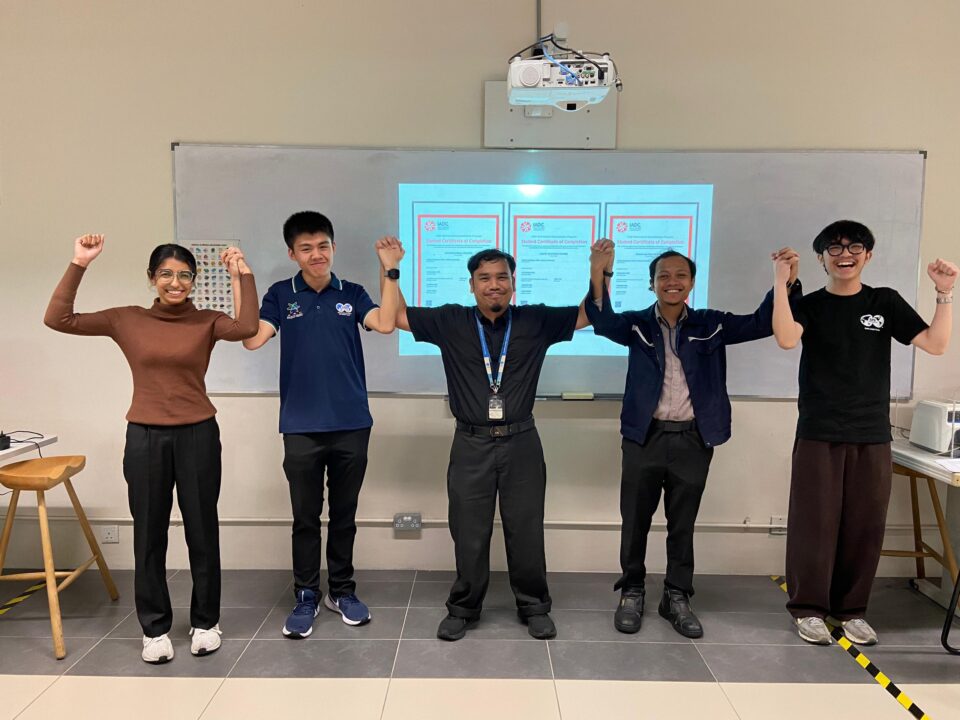The week of 4 March, IADC attended the 6th session of IMO’s Ship System and Equipment Subcommittee (SSE 6). Meeting annually in London, this subcommittee is charged by the IMO with establishing safety provisions for the entirety of the international maritime fleet larger than 500 Gross tons. At this year’s meeting, IADC entertained two substantial issues with a potential to impact the global Mobile Offshore Drilling Unit fleet. These included:
- On 5 March, IMO continued to develop regulations to address what’s known as “Onboard Lifting Appliances and Anchor-handling Winches (OLAW). These provisions are intended to address safety concerns for onboard cranes, winches, and other devices that assist with the “vertical movement” of shipboard equipment and cargo. When complete, these provisions will be added to the IMO’s SOLAS Convention. IADC has been working to have explicit language entered into these draft requirements to acknowledge a specific exclusion for MODUs. At this session, IADC witnessed the critical text it recommended to the IMO last year, finally entered into the draft SOLAS provisions. The resulting effect of this development is that vessels certificated as MODUs will be permitted to continue to utilize existing regulations for the entirety of lifting appliances and installations as addressed in the MODU Code. Prior to this IMO session, some speculation persisted that MODUs might be subject to two sets of lifting requirements, the set identified in the MODU Code, and the set currently under development for more “conventional” maritime lifting appliances. With this draft exclusion now recognized, IADC will continue to observe further developments to ensure its inclusion continues through to adoption of the final version for the SOLAS provisions.
- On 6 March, the International Association of Classification Societies (IACS) proposed the inclusion of a provisional interpretation of existing MODU Code language addressing minimum equipment ratings in hazardous locations. While seemingly reasonable in concept, this proposal was found to be suspect among several IMO flag state members, including IADC, due to the proposal’s incomplete assessment of risk . With support from these members, IADC was able to successfully petition the subcommittee’s plenary body to prevent the acceptance of this proposal and the associated consequence for substantially increased cost to MODUs constructed after 1 January 2020 when the provisional interpretation was to enter into force.
IADC will persist in remaining cognizant of emerging offshore issues and welcomes continued collaboration with key state and industry stakeholders to effect the most prudent measures for catalyzing improved performance in the drilling space.
For more information, contact Jim Rocco at Jim.Rocco@iadc.org.





